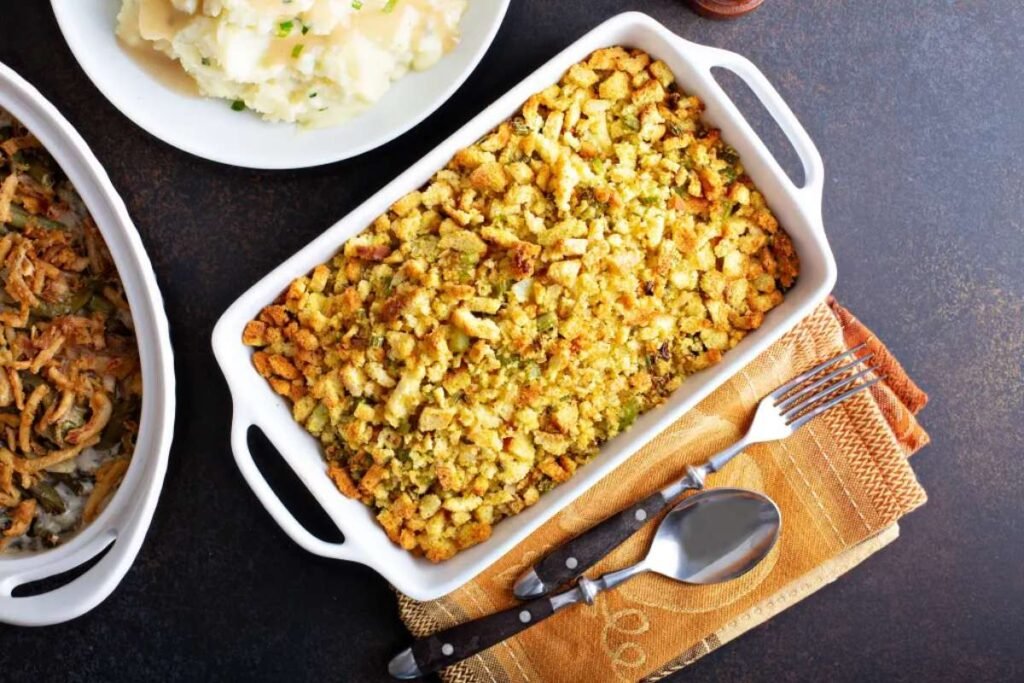As families gather to enjoy Thanksgiving dinner, it’s important to be cautious about certain dishes on the holiday table. Some popular Thanksgiving staples can pose health risks, particularly for individuals with a personal or family history of Heart Health disease.
Dr. Christine Nwoha has highlighted four common Thanksgiving foods that may increase the risk of heart failure, urging moderation or avoidance. According to her, hospitals often see a rise in heart-related cases during the holidays, partly due to the foods people consume at this time of year.
The Connection Between Salt and Heart Health
Dr. Nwoha explained that sodium plays a major role in heart health, particularly for individuals with pre-existing conditions. She emphasized that salt leads to fluid retention, which can increase blood pressure and strain the heart. Many Thanksgiving favorites are loaded with sodium, which makes them particularly risky.
Stuffing: A Sodium Bomb
Stuffing is one of the main culprits due to its high sodium content, whether homemade or store-bought. A half-cup serving of boxed stuffing contains approximately 19% of the recommended daily sodium intake. However, most people consume far more than a half-cup serving, which significantly increases their sodium consumption during the meal.
Honey Glazed Ham: A Double Dose of Salt
Honey-glazed ham is another holiday favorite that poses a health risk. Pork is already naturally salty, and the addition of sweet and savory glazes further amplifies its sodium content. Consuming this dish can lead to fluid retention, raising blood pressure and increasing the risk of heart failure.
Green Bean Casserole: Canned Ingredients Spell Trouble
Green bean casserole, often considered a healthy option because of its vegetable base, can also be problematic. The issue lies in the canned soup and other processed ingredients used to make the dish, which are often loaded with sodium and unhealthy additives. Opting for a fresh or lighter alternative can help mitigate these risks.
Alcohol: A Hidden Holiday Hazard
Alcohol consumption also tends to rise during the holiday season, and overindulgence can contribute to heart issues. Excessive alcohol intake can lead to high blood pressure, irregular heart rhythms, and other cardiovascular problems. Dr. Nwoha warned that people should be mindful of their alcohol intake during family gatherings and holiday celebrations.
Tips for a Heart-Healthy Thanksgiving
For those concerned about heart health, making thoughtful substitutions can help reduce risks without sacrificing the holiday spirit. Using low-sodium ingredients, fresh vegetables, and alternative cooking methods can make a big difference. Additionally, practicing portion control and limiting alcohol consumption can go a long way in maintaining heart health during the holiday season.
Dr. Nwoha’s message serves as a reminder to enjoy Thanksgiving dinner responsibly, particularly for individuals at risk of heart-related conditions. By making small changes to traditional recipes and being mindful of what’s on the plate, families can celebrate the holiday while prioritizing their health.









